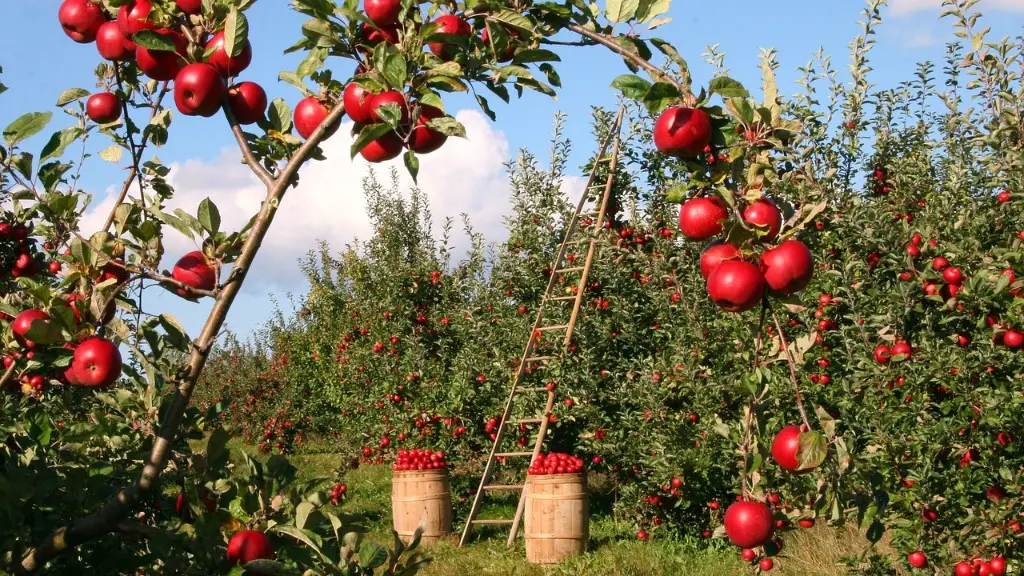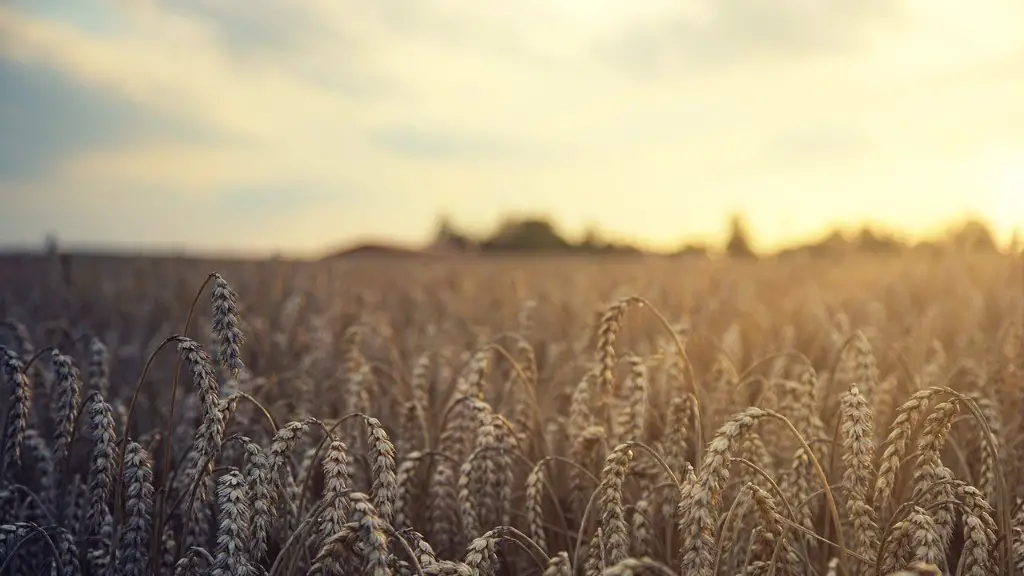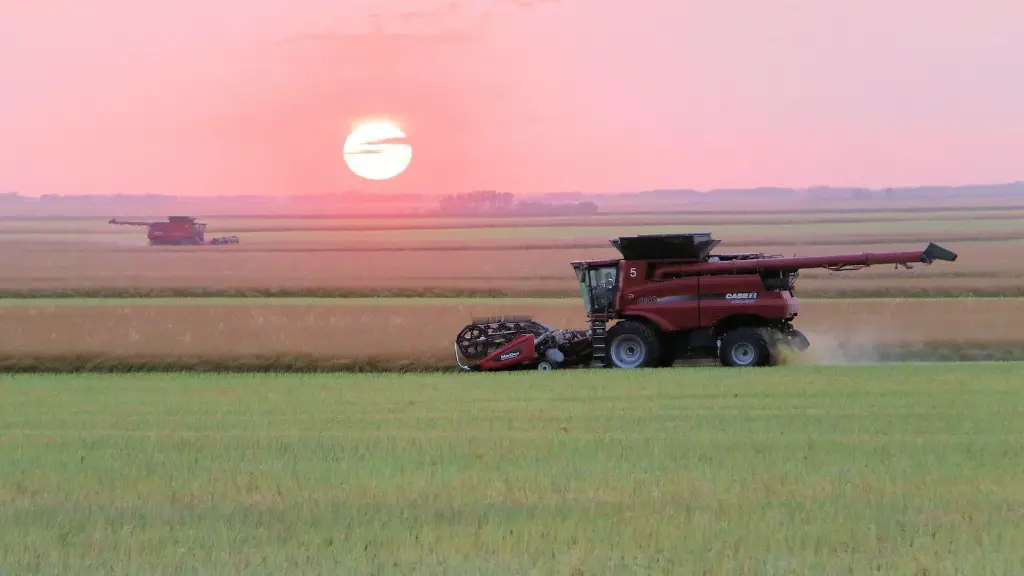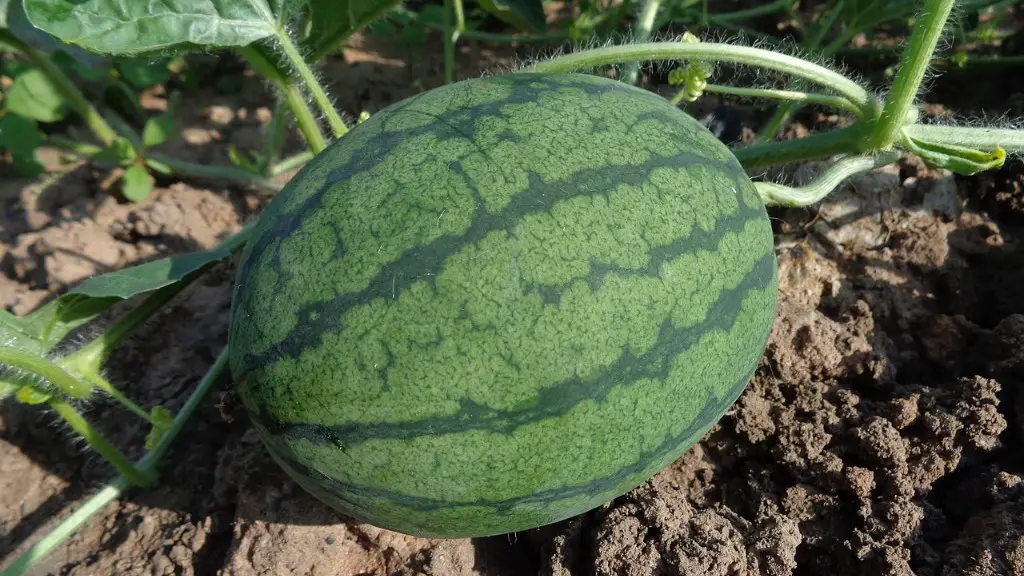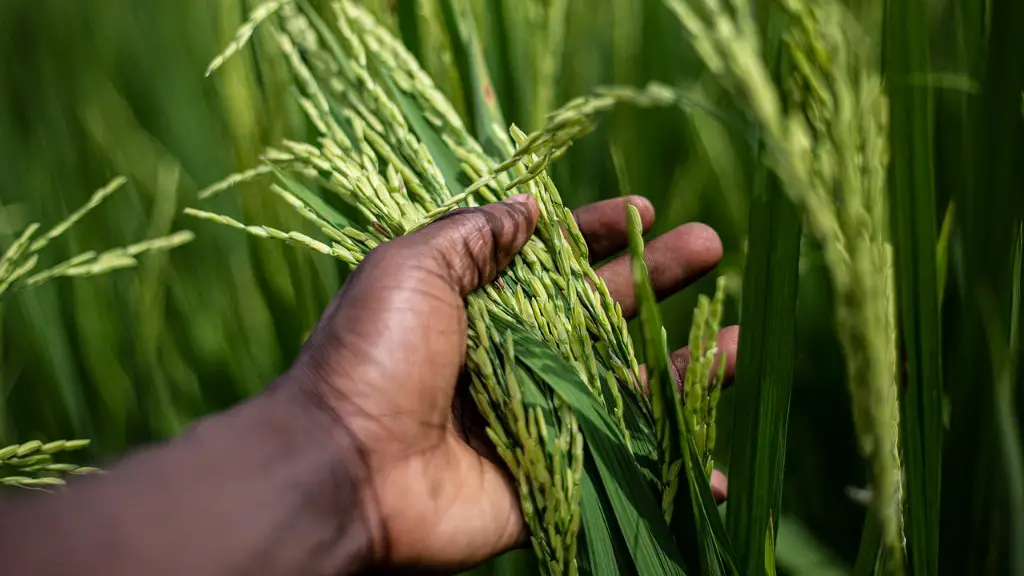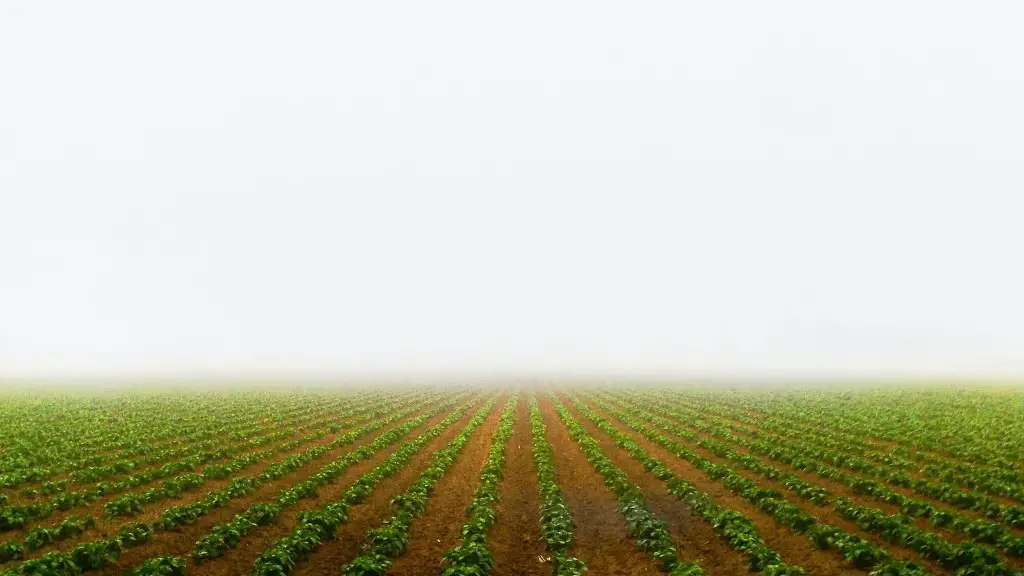The effects of agriculture on the environment are both widespread and complex. Agricultural activities can cause pollution in the air, water and soil, and can also lead to deforestation and habitat loss. Agriculture can also have a negative impact on wildlife, by causing animals to suffer from malnutrition or to be killed outright.
Agriculture can have a negative impact on the environment. It can lead to soil erosion and water pollution. It can also contribute to climate change.
What are 3 effects of agriculture on the environment?
The large-scale, conventional farming system is not sustainable in the long run. It contributes to climate change, pollutes air and water, and depletes soil fertility. We need to transition to more sustainable methods of farming that focus on diversification, less reliance on synthetic inputs, and more environmentally friendly practices.
Sustainable agriculture is not only important for preserving the earth’s natural resources, but also for the environment. Sustainable agriculture helps maintain soil quality, reduce erosion, and preserve water. These are all important factors in maintaining a healthy environment.
What are five environmental effects of agriculture
The five environmental effects of agriculture are soil fertility loss, eutrophication of water bodies, deforestation, climate change and pesticide pollution. All of these effects have a negative impact on the environment and need to be addressed in order to make agriculture more sustainable.
Agriculture is the backbone of many societies and has a huge impact on how those societies function. Through food production, agriculture supports livelihoods and provides people with the sustenance they need to live. Agriculture also provides raw materials for a variety of products, from food to clothing to building materials. And finally, agriculture is a major contributor to the economy, both through the jobs it provides and the trade it generates.
What is a negative impact on agriculture?
Soil and land degradation is a serious problem that threatens agricultural sustainability. Water and soil erosion during rains and flowing waters can cause significant damage to crops and farmland. Degraded land is less productive and can lead to desertification.
The impact of slash and burn agriculture on the environment is significant. It can cause pollution of water bodies due to the toxic pesticides and insecticides used, as well as erosion and loss of forest soil and forest watershed. This can have a number of negative ecological effects, such as reducing carbon sequestration, disrupting the energy cycle, and reducing the quantity of surface water available.
What are 3 reasons why agriculture is important?
1. Agriculture is the main source of raw materials for industries.
2. It is important to international trade.
3. It plays a big role in a nation’s revenue.
4. It provides employment.
5. It is crucial to a country’s development.
6. It can help heal the environment.
7. It goes hand-in-hand with war.
8. It is a key sector in the economy.
Agriculture plays a vital role in the economic development of a country. It is the backbone of the Indian economy, providing employment to a large section of the population and contributing a significant share to the country’s GDP. The sector is also a major source of foreign exchange earnings and plays a crucial role in the country’s food security. In recent years, the government has undertaken a number of initiatives to boost the growth of the agriculture sector and make it more competitive. These include providing financial and technological support to farmers, strengthening infrastructure, and improving access to markets.
How agriculture is very important
There is no denying that agriculture plays a vital role in reducing poverty, raising incomes and improving food security for a large majority of the world’s poor. close to 80% of the world’s poor live in rural areas and are dependent on agriculture for their livelihoods. In many developing countries, agriculture is the main source of income and employment.
Small-scale farmers, in particular, have a lot of potential to improve their productivity and incomes. With the right support, they can adopt better farming practices, access appropriate technology and markets, and improve the way they manage their natural resources.
donor countries and international organizations have a critical role to play in supporting small-scale farmers and rural development. They can do this by investing in agriculture-related programs and initiatives, such as agricultural research and extension services, rural infrastructure, and safety nets.
Food production is a major contributor to environmental problems. Growing food takes a lot of water, and this water can pollute the environment if it is not managed properly. Greenhouse gas emissions from food production are also a major environmental concern. These emissions can contribute to climate change, which can impact the environment in a number of ways. Additionally, food production can lead to the depletion of natural resources, as well as the generation of waste. There are a number of ways to reduce the impact of food production on the environment, including using eco-friendly growing practices, investing in zero waste grocery stores, and avoiding the use of plastic.
What will happen without agriculture?
Agriculture is the foundation of civilization and any stable economy. Without agriculture, it is not possible to have a city, stock market, banks, university, church or army. Agriculture provides food, fuel, fiber and many other essential products that we need to sustain our lives. It is also a major source of employment, with over 1.3 billion people employed in the agricultural sector worldwide. In addition, agriculture plays a vital role in the conservation of our natural resources and the environment.
Farming is a great way to stay healthy and fit. It is also challenging and stimulating work that can provide a good income in rural areas. Farm work can help develop younger generations and can help the environment thrive.
What are 5 important of agriculture
farming is vitally important to the human race as it is the primary source of food, clothing and shelter. Agriculture also provides many other products that we use on a daily basis, such as fuel, cosmetics and even medicine. Without agriculture, the human race would not be able to survive.
The loss of agricultural land through erosion and manmade factors is one of the largest problems facing agriculture in the modern world. The other is the increasing lack of diversity in crops. Agricultural land is being lost at an alarming rate due to factors such as deforestation, urbanization, and industrialization. This loss of land is causing a decrease in the amount of land available for growing crops, which is leading to a lack of diversity in the types of crops that can be grown. This lack of diversity is a major problem because it increases the risk of crop failures and decreases the overall resilience of the agricultural system.
Why is agriculture a problem?
There are a number of pressures that farmers are facing today, from climate change and soil erosion to biodiversity loss and changing consumer tastes. These pressures can make it difficult for farmers to produce the food that consumers want, while also protecting the natural world.
The loss of agricultural land and the decrease in the varieties of crops and livestock produced are two of the most major problems in agriculture. The loss of agricultural land can be attributed to many factors, including urbanization, industrialization, and climate change. The decrease in the varieties of crops and livestock produced is also due to many factors, including the loss of traditional knowledge and the increased use of monoculture.
Warp Up
Agriculture can have a negative impact on the environment. It can lead to soil erosion, water pollution and air pollution.
Agriculture has many detrimental effects on the environment. It is a leading cause of soil erosion, water pollution, and habitat destruction. Agriculture also contributes to climate change through the release of greenhouse gases.
